
Project 6
Environmental Interventions
Project 6 aims to develop microbiome-targeted interventions improving environmental health and sustainability.
First, microbiome-based interventions that improve the efficacy of crop nutrient use are a critical step towards sustainable agriculture. Excessive fertilizer use is energetically intensive and contributes to pollution that can destroy ecosystems. Identifying microbiomes with N-cycling and P-mobilization properties will improve plant growth and require no or substantially lower amounts of unsustainable fertilizers.
Second, the sequestration of atmospheric carbon dioxide is an important strategy for ameliorating the global consequences of the anthropogenic release of greenhouse gases. We will develop a mechanistic framework for microbiome-enhanced silicate weathering (mESW) and design microbial communities to harness the full potential of enhanced weathering for C sequestration.
Finally, we will address selective nutrients to promote the growth of beneficial microbes in human and environmental microbiomes. We will evaluate the success of prebiotic compounds on organosulfur-cycling microorganisms, which are important in soil, plant, and human health.
Involved KEY RESEARCHERs

angela sessitsch
Project Leader
austrian institute of technology

thomas böttcher
Project Member
university of vienna

clarissa campbell
Project Member
center for molecular medicine (cemm, öaw)
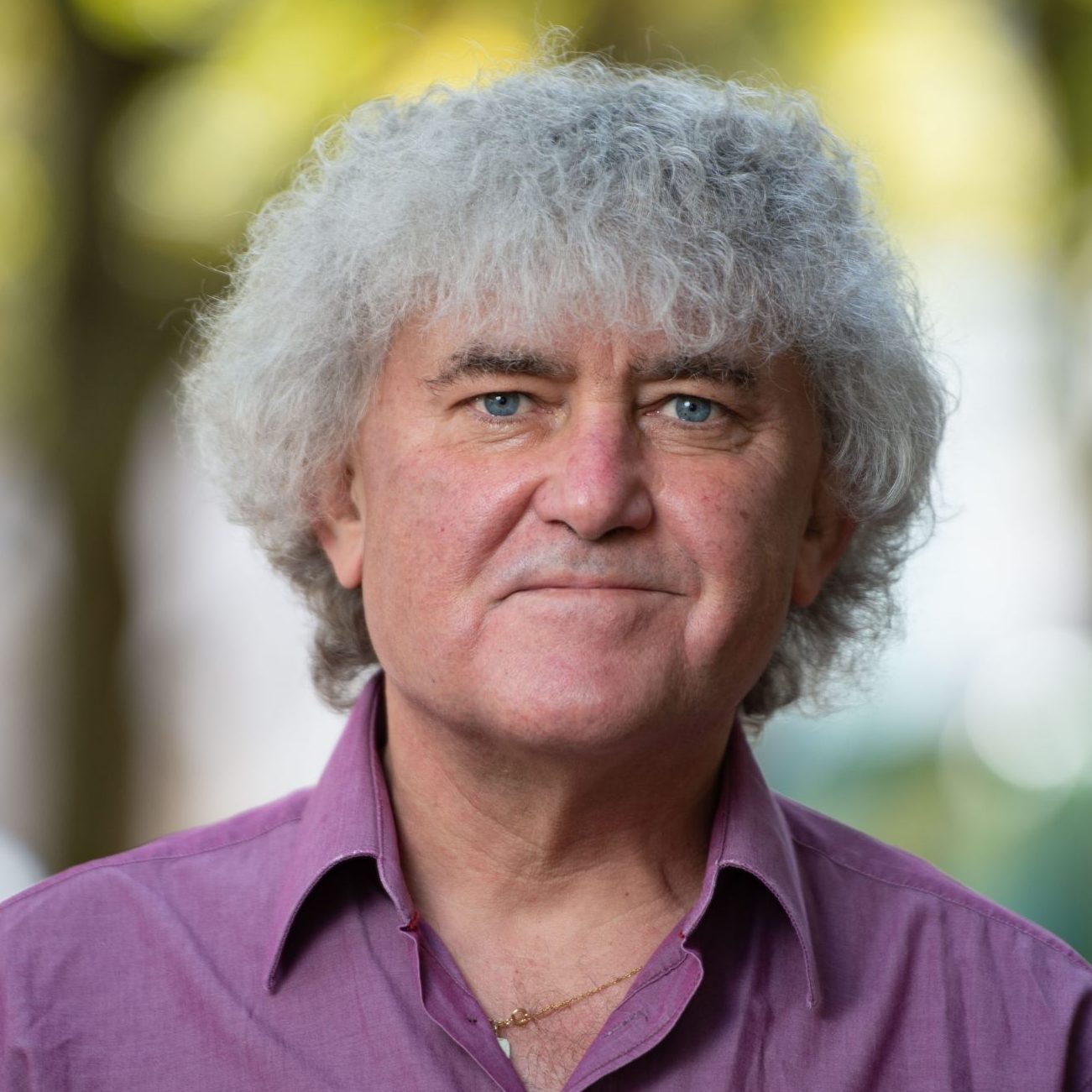
peter hinterdorfer
Project Member
johannes kepler university linz

stephan krämer
Project Member
university of vienna

alexander loy
Project Member
university of vienna
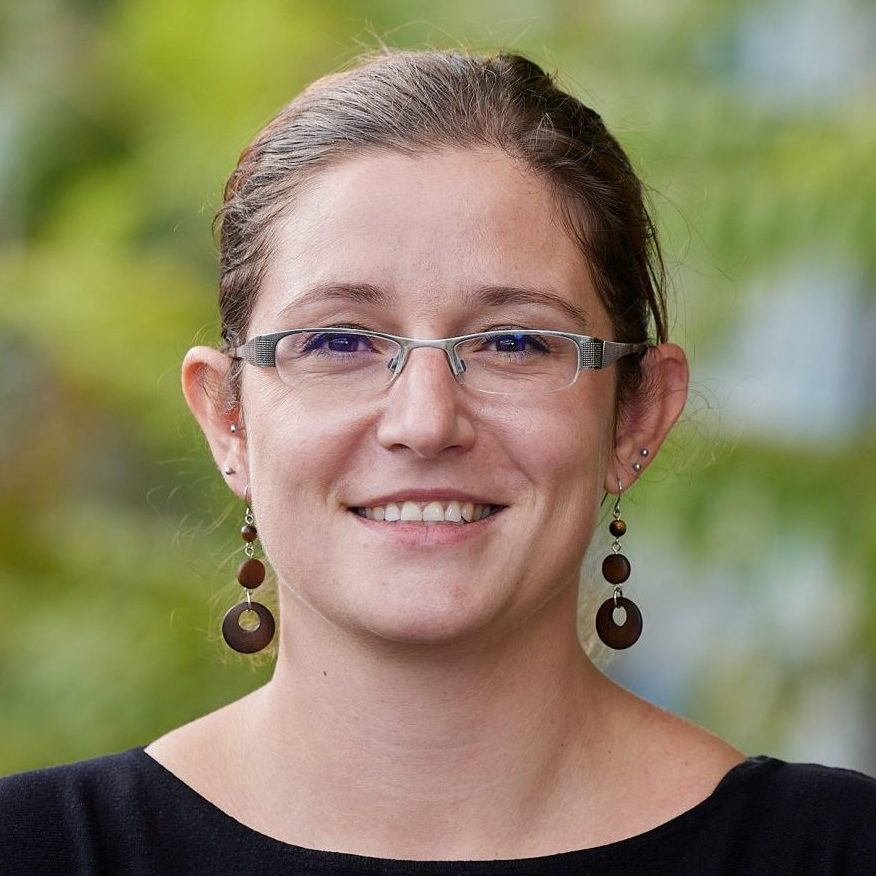
petra pjevac
Project Member
university of vienna

andreas richter
Project Member
university of vienna

wolfgang wanek
Project Member
UNIVERSITY of vienna

dagmar woebken
Project Member
UNIVERSITY of vienna
InVolved institutions
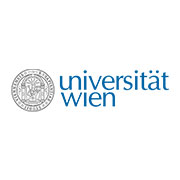
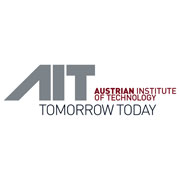
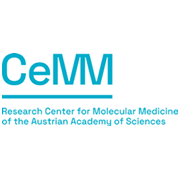
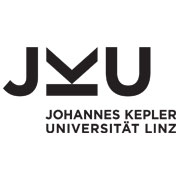
work packages in project 6
Work package 6.1
Microbiome-Based Improvement of Nitrogen and Phosphorus Nutrition in Crop Production
Excessive N/P fertilization causes eutrophication and species extinction, promoting climate warming and ozone destruction. Therefore, it is extremely important to reduce global fertilizer input, particularly the energy-demanding and inefficiently used N fertilizers. This Work Package will assess the complex interactions between nutrient cycling microbiomes, plant nutrition, and greenhouse gas emissions in a multi-disciplinary manner.

Work package 6.2
Microbiome-Enhanced Silicate Weathering
Enhanced silicate weathering (ESW) is an emerging Negative Emission Technology which can help reach the global warming targets. The goal of this Work Package is to develop a mechanistic framework for microbiome-enhanced silicate weathering (mESW) and to design microbial communities to harness the full potential of enhanced weathering.

Work package 6.3
Role of Selective Sulfur Nutrients across Human and Environmental Microbiomes
Organisms use chemical signals to coordinate their behavior across cells, tissues and populations. Eavesdropping or intercepting these intradomain chemical messages could provide important cues for outside members to respond adaptively. Work Package 5.3 will identify commonalities and concepts that shape interdomain interactions in microbiomes.







